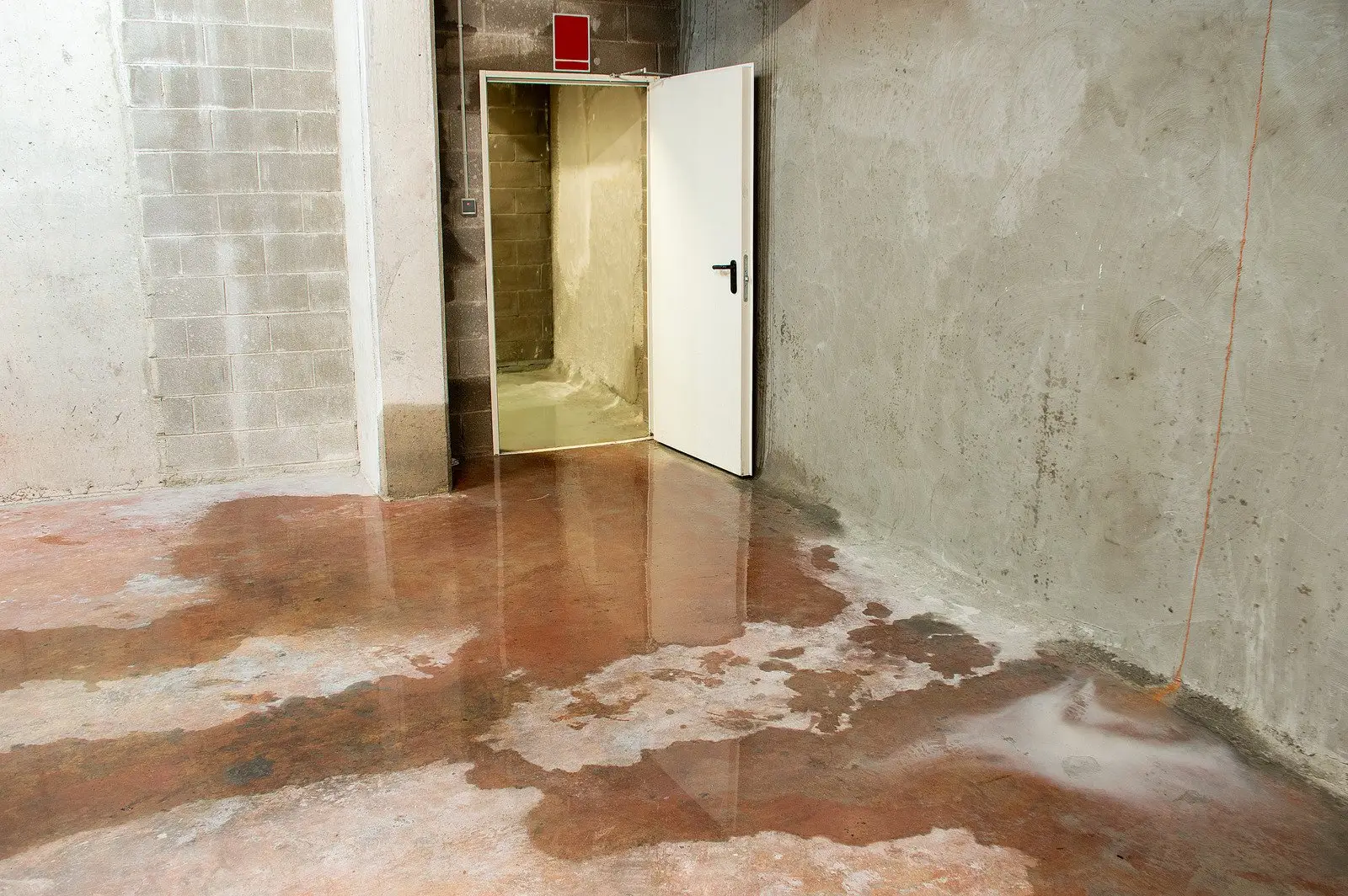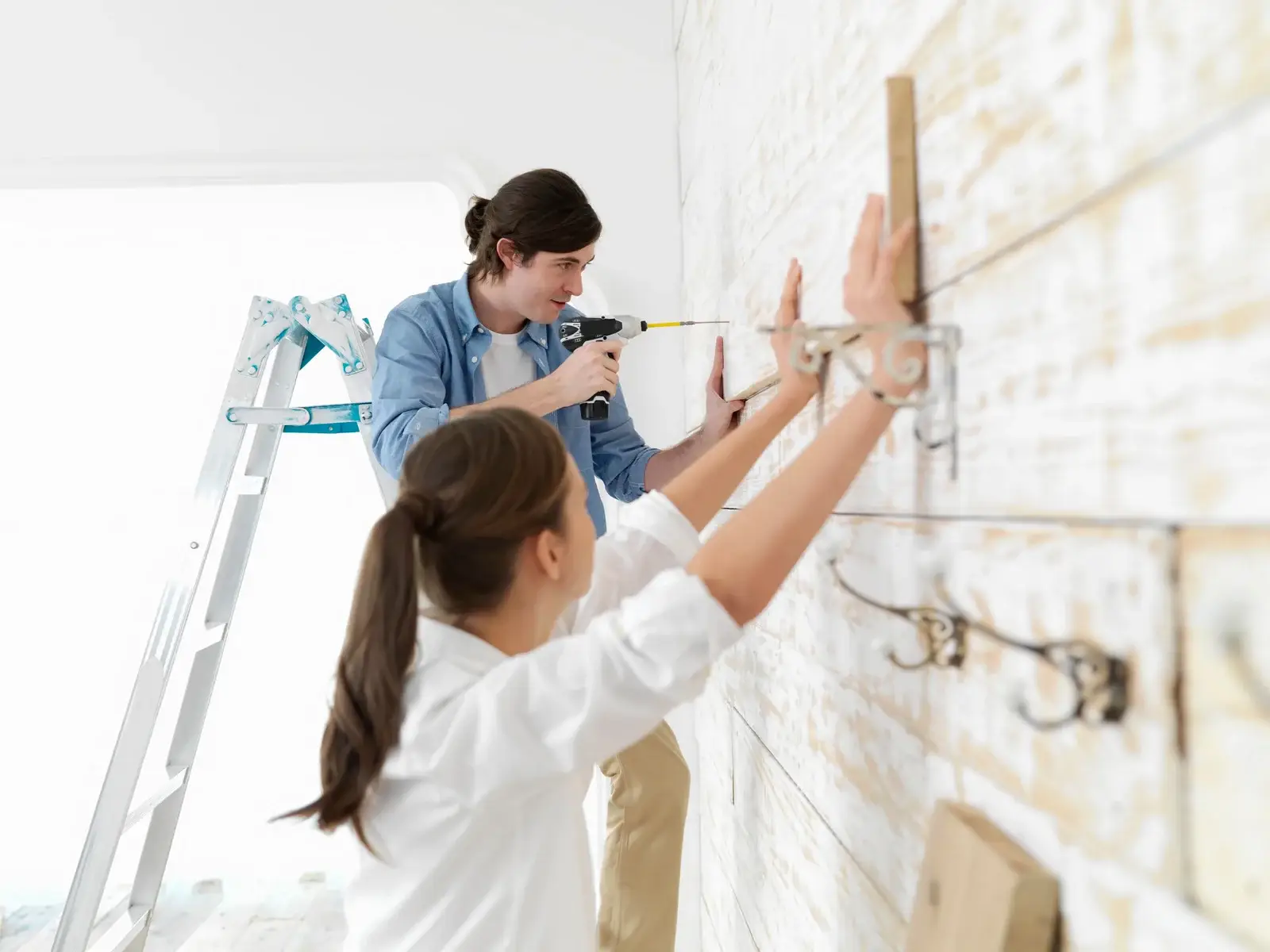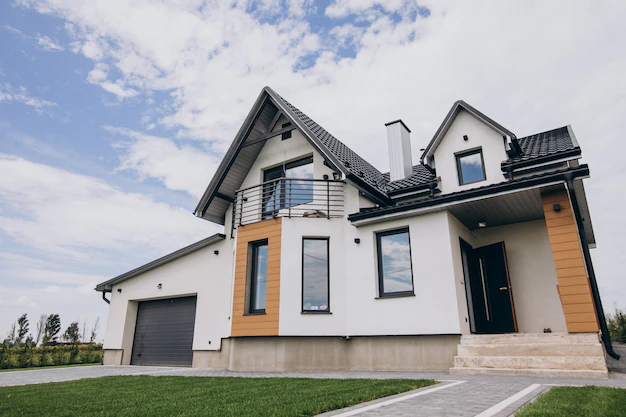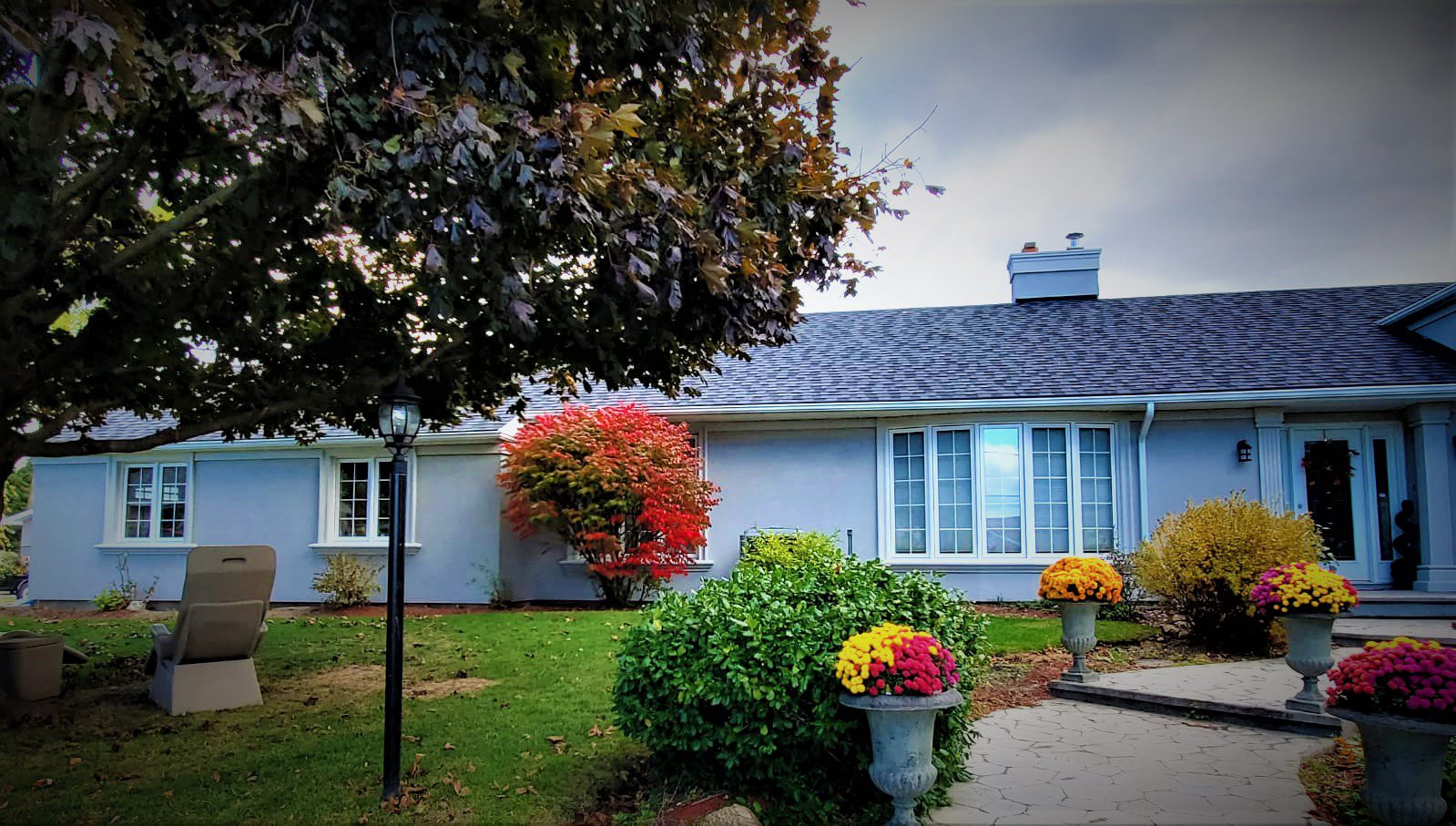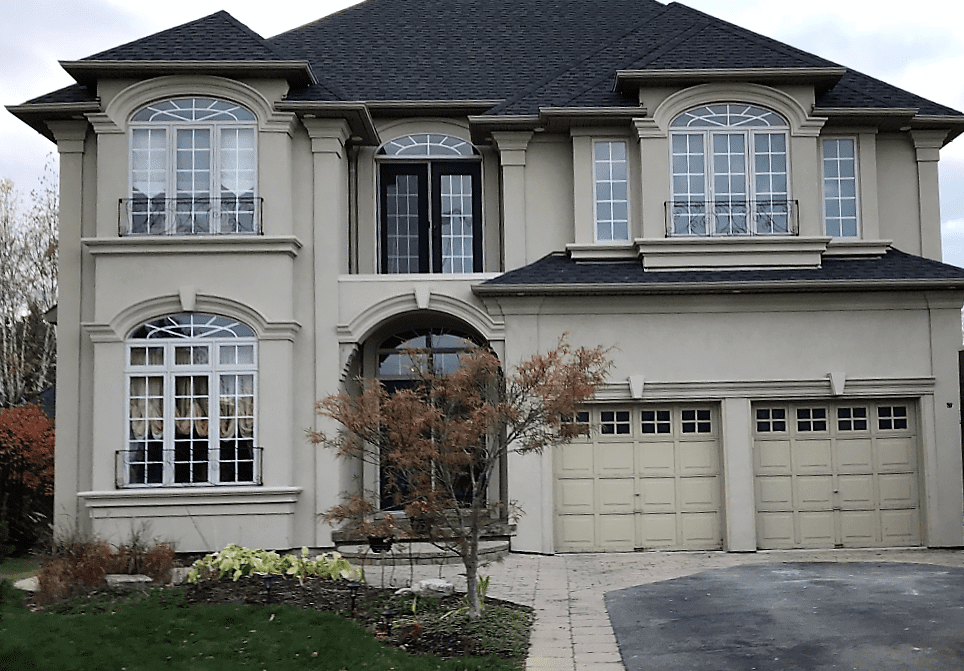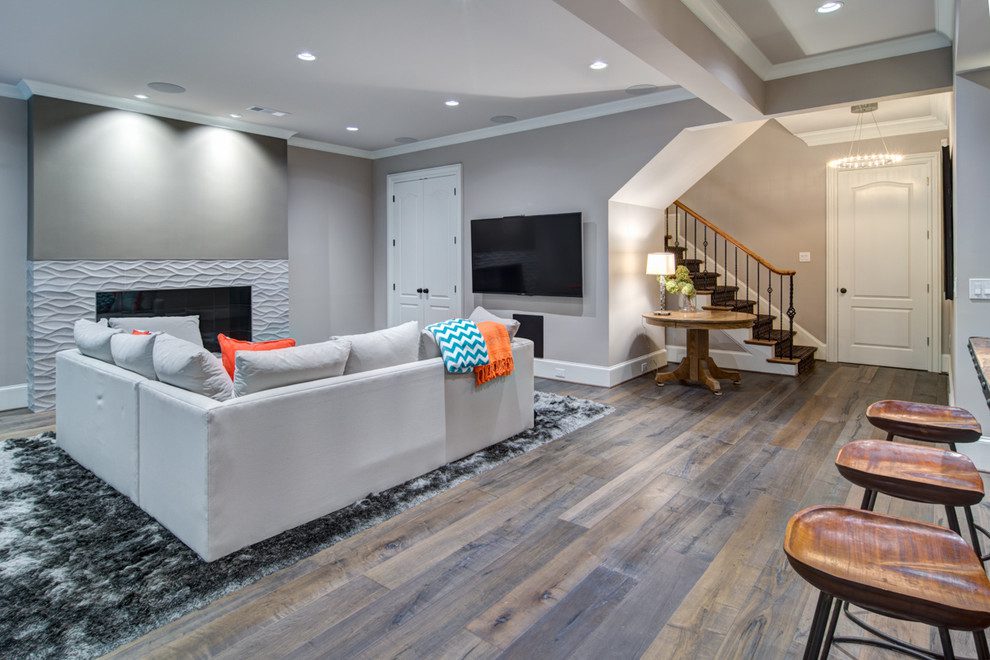If you’re dealing with a leaky basement, you’re not alone. Many homeowners struggle with this issue, especially after heavy rain or snowmelt. Understanding why your basement leaks is the first step toward fixing the problem. Poor drainage, cracks in the foundation, or blocked gutters are common culprits that allow water to seep into your home, causing potential damage. Fortunately, there are practical solutions. In this guide, we’ll explore five easy ways to fix basement leaks and protect your home from water-related issues, helping you maintain a dry and secure basement.
Why Does Your Basement Leaks?
Before diving into the solutions, it’s essential to understand the root causes of basement leaks. Here are the most common reasons:
- Poor Drainage Around the Foundation: One of the primary reasons for basement leaks is poor drainage around your home’s foundation. When water from rain or snow doesn’t properly drain away, it pools around your foundation. Over time, this excess moisture can penetrate the concrete and find its way into your basement.
- Cracks in the Foundation: Cracks in your foundation, whether due to natural settling or external pressure, provide an easy pathway for water to enter your basement. Even small cracks can allow water to seep through, and during periods of heavy rain, these leaks can quickly worsen.
- Blocked or Poorly Installed Gutters: Gutters and downspouts play a critical role in directing water away from your home. If your gutters are clogged or improperly installed, water can spill over the edges and collect around your foundation, leading to basement leaks.
- Hydrostatic Pressure: Hydrostatic pressure refers to the pressure exerted by standing water in the soil around your home. When the soil becomes saturated with water, it can push against your foundation walls, causing leaks, especially in older homes with weaker foundations.
- Faulty Window Wells: If you have basement windows, the window wells can also be a source of leaks. When the window wells aren’t properly sealed or don’t have adequate drainage, water can pool inside and eventually seep into your basement through the window frames.
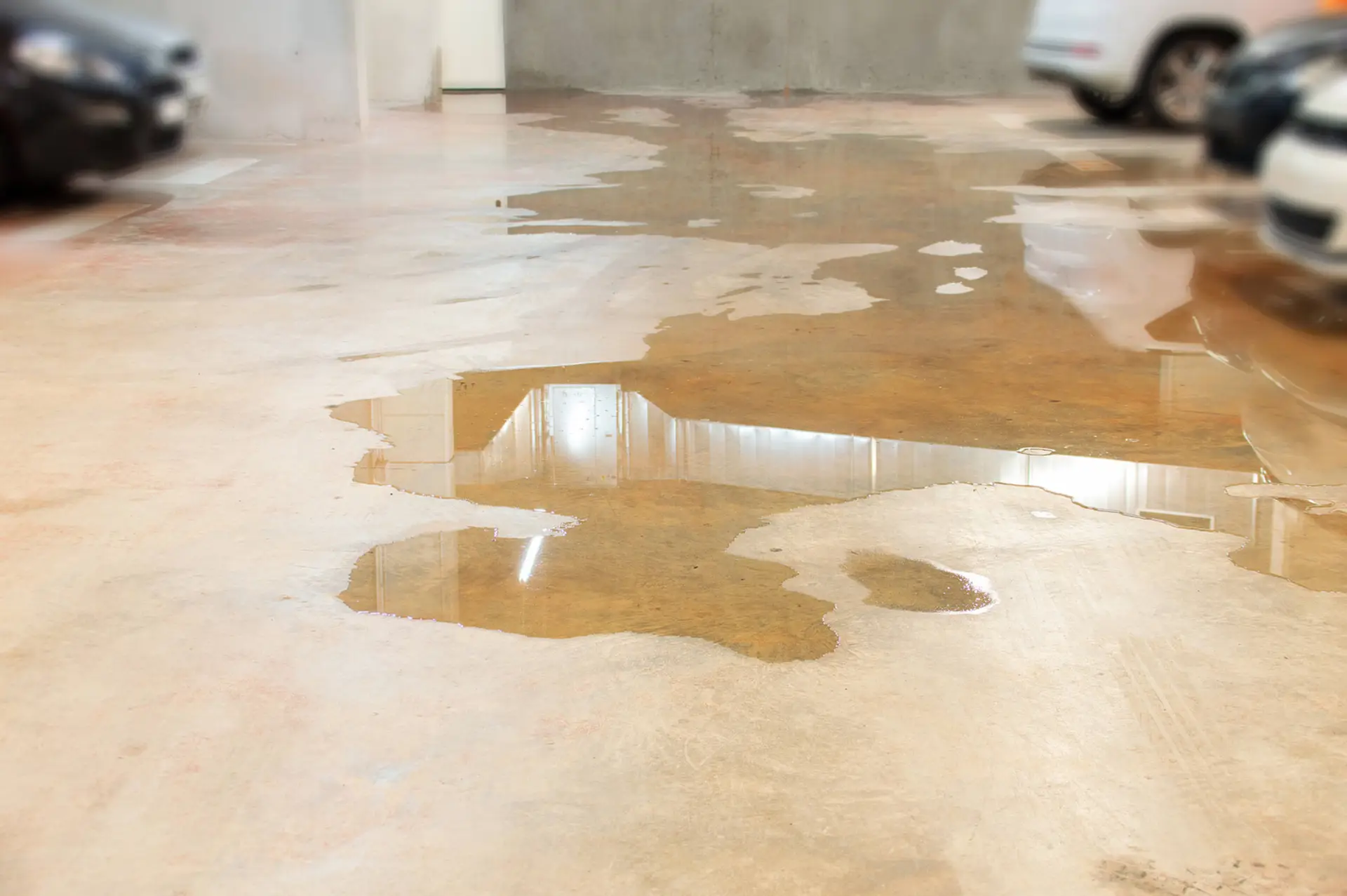
5 Easy Ways to Fix a Basement Leaks
Now that you know the most common causes of basement leaks, let’s look at five easy ways to fix them. These solutions range from DIY projects to professional fixes, depending on the severity of the problem.
1. Improve Exterior Drainage
One of the simplest fixes is ensuring that water is being directed away from your home. Here’s how you can improve your drainage:
- Extend Downspouts: Make sure your downspouts extend at least 4 to 6 feet away from your foundation. This prevents water from pooling near your basement walls.
- Grade Your Yard: Your yard should slope away from your house to allow water to flow away from the foundation. If it doesn’t, consider adding soil to re-grade the area around your home.
- Install a French Drain: For areas with persistent drainage issues, a French drain—a trench filled with gravel and a perforated pipe—can help redirect water away from your home.
2. Seal Foundation Cracks
Even small cracks in your foundation can cause significant leaks over time. Luckily, many cracks can be repaired using DIY methods:
- Epoxy or Urethane Sealant: For small to medium-sized cracks, use a high-quality epoxy or urethane sealant to fill the cracks from the inside. These products are designed to expand as they dry, ensuring a watertight seal.
- Exterior Foundation Waterproofing: If you notice larger or recurring cracks, it may be necessary to apply waterproofing solutions to the exterior of your foundation. This usually involves excavating the area around the foundation and applying a waterproof membrane.
3. Maintain Gutters and Downspouts
Ensuring that your gutters and downspouts are in good condition is one of the easiest ways to prevent basement leaks. Here’s what to do:
- Clean Your Gutters: Regularly clear your gutters of leaves, twigs, and other debris to ensure proper water flow.
- Inspect for Leaks: Check your gutters and downspouts for any leaks or cracks that could be causing water to spill near your foundation. Repair or replace damaged sections as needed.
- Install Gutter Guards: Consider adding gutter guards to keep debris out of your gutters and reduce the need for frequent cleanings.
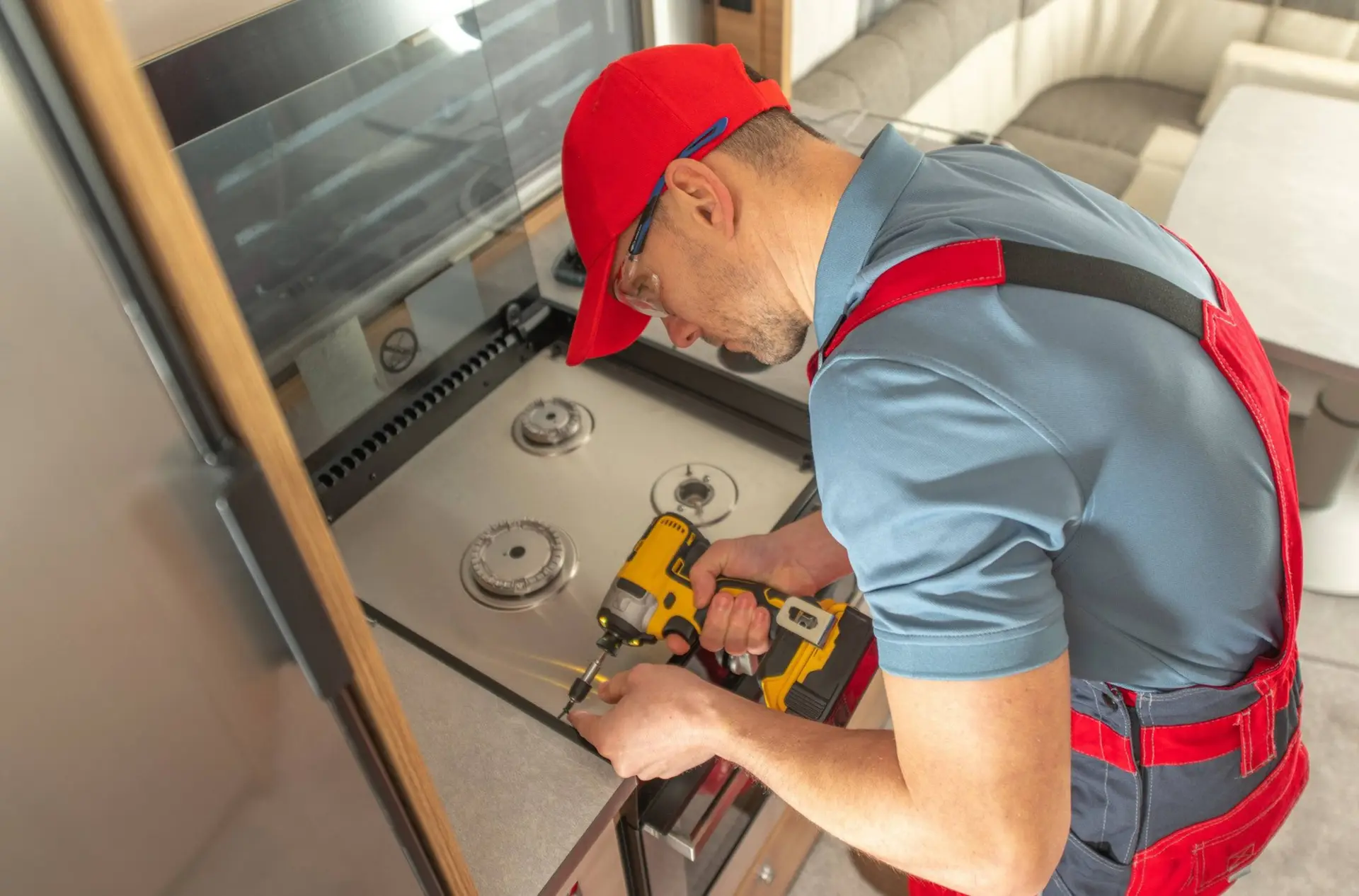
4. Install a Sump Pump
If your basement is prone to flooding, installing a sump pump can be a game-changer. Sump pumps are installed in a pit (sump basin) in your basement, where they collect water that accumulates around your foundation and pump it away from your home. Here’s what to keep in mind:
- Choose the Right Size: Make sure to select a sump pump that’s powerful enough to handle the amount of water entering your basement.
- Consider a Battery Backup: Since sump pumps run on electricity, it’s a good idea to install a battery backup system to keep it running during power outages.
5. Waterproof Basement Windows and Wells
If water is entering your basement through window wells, waterproofing them can help stop the leaks. Here are some tips:
- Install Window Well Covers: Clear plastic or acrylic covers can help keep rainwater out of the wells while still allowing light to enter.
- Add Gravel to the Well: Ensure that the window well has adequate drainage by adding gravel at the bottom. This will help prevent water from pooling around the window.
- Seal Window Frames: Use weatherproof caulk to seal any gaps around the window frames where water might be entering.
Conclusion: Keep Your Basement Dry
A leaky basement doesn’t have to be a homeowner’s worst nightmare. By identifying the cause of the leak and taking proactive steps to fix it, you can protect your home from water damage and avoid costly repairs in the future. Whether it’s improving drainage, sealing foundation cracks, or installing a sump pump, these five easy solutions can help keep your basement dry and your home safe from water-related issues.
Remember, if the problem seems severe or you’re unsure about handling it yourself, it’s always a good idea to consult with a professional waterproofing contractor. A dry basement is crucial for maintaining your home’s value and ensuring a healthy living environment.

